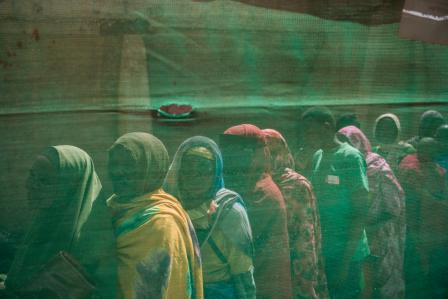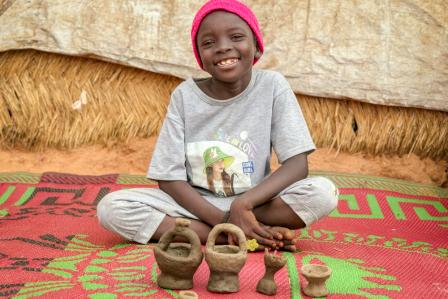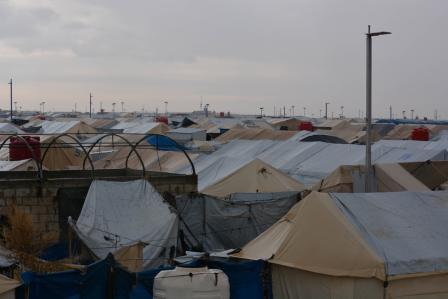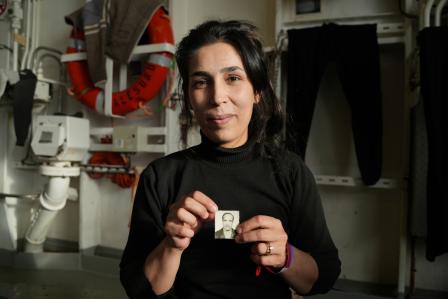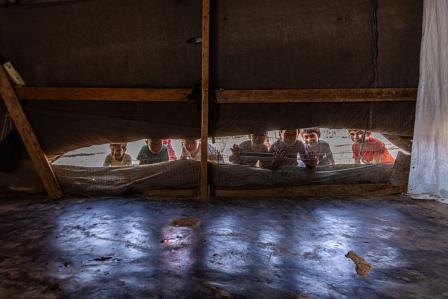A normalisation of violence against refugees and migrants has taken root
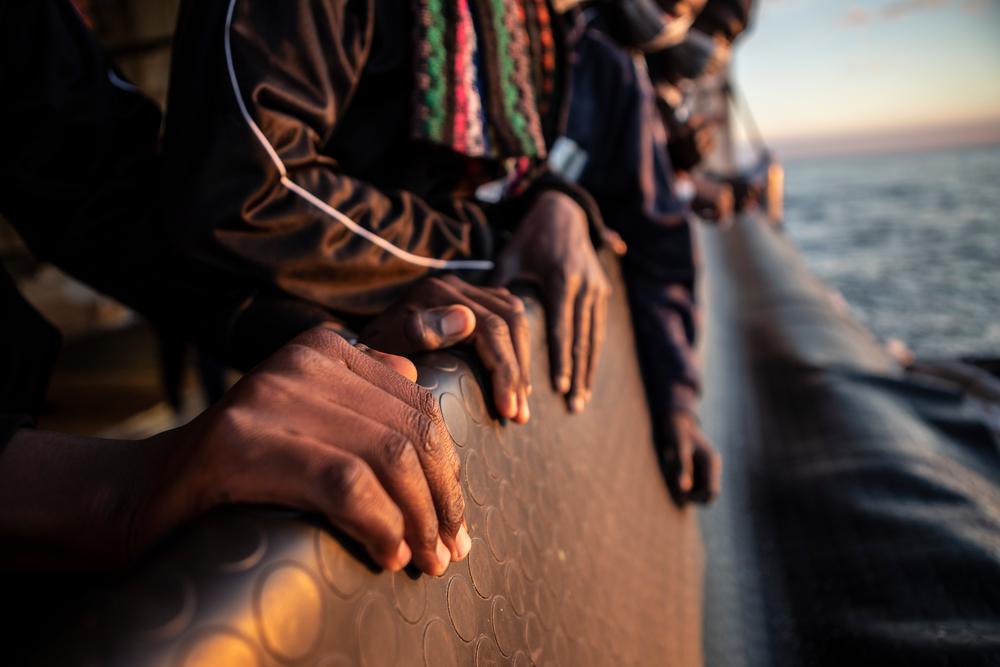
People rescued from the central Mediterranean wait aboard the Doctors Without Borders' search and rescue ship, Geo Barents, for a safe port for disembarkation. Mediterranean Sea, March 2022. © MSF
“My brother and I came on foot from Afghanistan, and we tried to cross the border between Italy and France to join our family in Germany. On the mountain path at night the police started chasing us, and while trying to escape we fell down a ravine ... we lost everything we had. We had to cross Türkiye, Greece and the Balkans to get to a place where we felt safe. We didn't think we would have to keep running even after we arrived in Europe." These are the words of a Doctors Without Borders / Médecins Sans Frontières (MSF) patient from the project in Ventimiglia, Italy, describing the consequences he faced as a result of the policy-made crisis that has been unfolding across Europe and at its borders in recent years.
Doctors Without Borders medical and humanitarian teams have been treating the devastating consequences of restrictive migration policies and practices and have seen their human cost first-hand. We have responded in places like Libya, the Balkans, the Central Mediterranean Sea, Poland, Greece and Italy, which have become laboratories and testing grounds for increasingly harmful policies and practices. What we have seen and been told between August 2021 and September 2023 has been brought together in the report Death, despair and destitution: the human costs of the EU's migration policies. [Read the summary]
Intercepted and trapped
People seeking safety are often violently trapped in non-EU countries that have EU migration cooperation agreements, without access to healthcare and protection. There remain for example serious concerns around the conduct of the Libyan coastguard during interceptions at sea, which, in some instances, has endangered the lives of people in distress. Violence during interceptions was regularly reported to Doctors Without Borders by patients in Libya and on the Geo Barents search and rescue vessel.
From 2016 to 2021, the number of people attempting to leave Libya by boat and being forcibly returned to the country surged following the disengagement of the EU and its member states from search and rescue operations and the declaration of a Libyan Search and Rescue Region (SRR) in 2017. The EU invested over €70 million in Libya’s border management capacity.
An 18-year-old man from Cameroon, rescued by Doctors Without Borders in the Mediterranean Sea in 2022 recounts his story.



